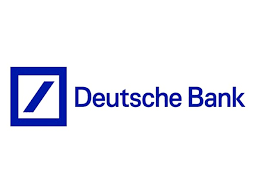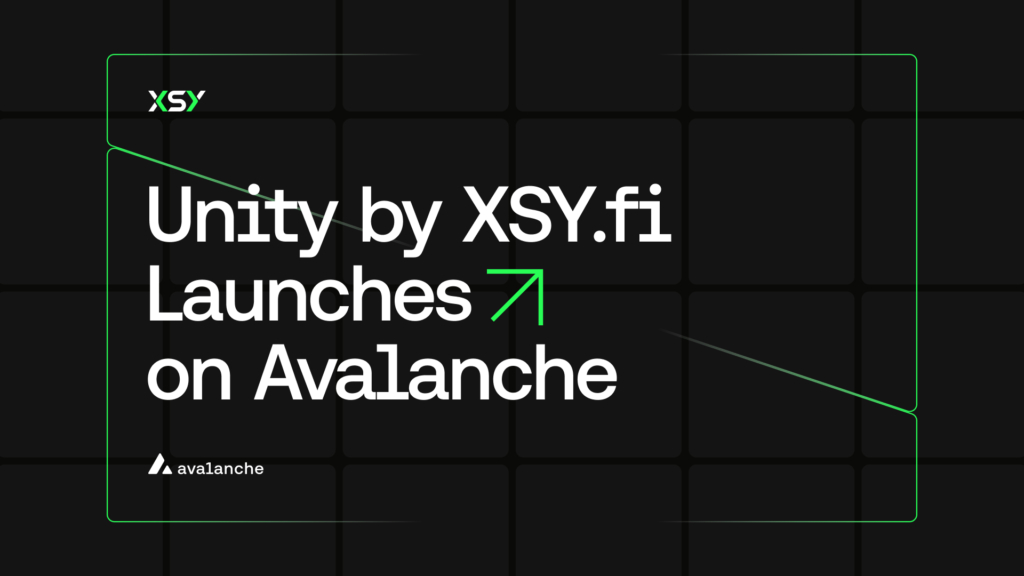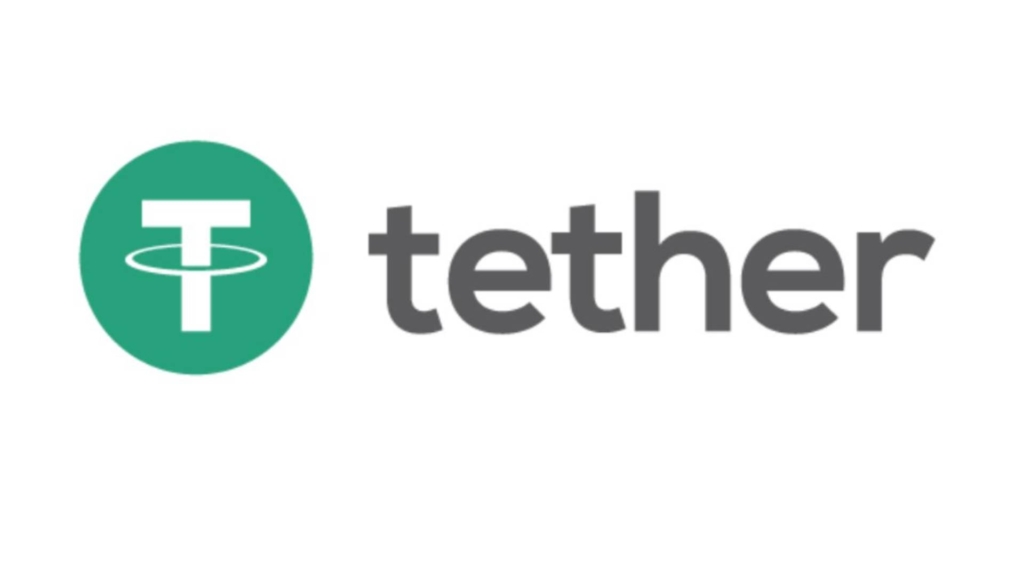Deutsche Bank Research’s examination of stablecoins, namely Tether’s USDT, ignited a discussion among the financial sector. This question arises when stablecoins face scrutiny over their functionality and reliability.
The study analyzed 334 instances of currency pegs from 1800 to the present and found that just 14% of them maintained stability.
The future stability of stablecoins such as USDT, which aim to mimic the value of established currencies like the U.S. dollar, is ambiguous.
Stablecoins like as USDT safeguard merchants against market volatility by ensuring stable and unchanging pricing. The market capitalization of USDT surpasses $100 billion, and its daily trading volumes consistently surpass those of Bitcoin, highlighting its significance.
A research conducted by Deutsche Bank raises concerns about the stability and transparency of Tether. Tether’s credibility has been called into question due to past regulatory challenges.
Tether incurred a punishment of $41 million from the CFTC in 2021 and reached a settlement of $18.5 million with the NY AG. This was due to their misrepresentation of their reserve reserves.
These incidents prompt inquiries over Tether’s fiscal soundness and moral principles. According to analysts, stable currencies often possess robust reserves, reliability, and strict regulation, qualities that many big stablecoins do not have.
Terraform Labs’ TerraUSD and Luna had a significant failure, resulting in a market loss of $40 billion, hence emphasizing the associated risks.
Additionally, it highlights Tether’s robust market position, speculative practices, and deficiencies in transparency, which might potentially jeopardize the bitcoin ecosystem.
In February, JPMorgan, similar to Deutsche Bank, highlighted concerns on the overwhelming dominance of Tether’s USDT in the stablecoin market, with USDT accounting for more than 69% of the market share.
This indicates significant influence and potential risks. The CEO of Tether has vigorously defended the company’s operations, asserting that USDT is effectively fulfilling its role in the market despite facing criticism and legal challenges.
This argument demonstrates the interaction between traditional financial ideas and new digital assets in the bitcoin market, which challenges regulatory and stability norms. The operations and commercial impact of Tether will definitely continue to captivate industry participants.
Three months ago, Tether Holdings Limited has reported a “record-breaking” quarterly net profit of $2.85 billion in the fourth quarter of 2023.
The details are shown in the “Consolidated Reserves Report,” which BDO audited. According to the report, interest on US Treasury securities contributed for around $1 billion in net operating profits, with the remaining amount credited to the appreciation of Tether’s gold and Bitcoin assets.



